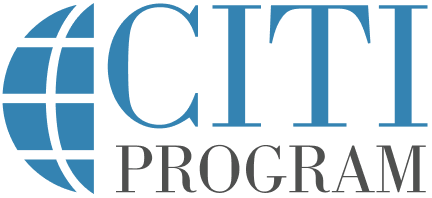This course provides fundamental information on working with decapod crustaceans in research settings. It discusses decapod use and welfare, biological and behavioral characteristics, stressors and stress response, husbandry and common procedures, veterinary concerns and diseases, anesthesia and ethical killing, and occupational health hazards.
Language Availability: English
Suggested Audiences: Animal Workers, IACUC Members, Investigators, Research Assistants, Staff
Organizational Subscription Price: Included in Animal Care and Use (ACU) Core series, available as part of an organizational subscription package or for $675 per year/per site as a subscription add-on for government and non-profit organizations; $750 per year/per site as a subscription add-on for for-profit organizations
Independent Learner Price: $99 per person

